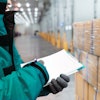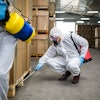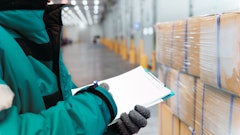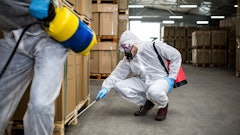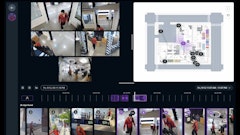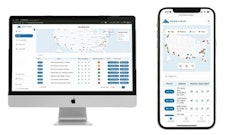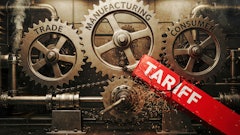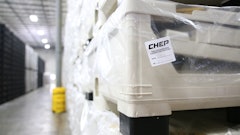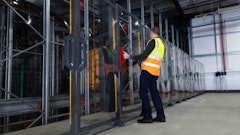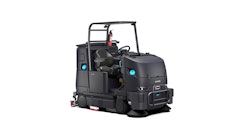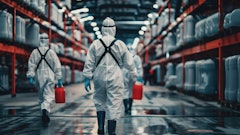An ounce of prevention is worth a pound of cure, as the saying goes, but safety in the warehouse is often overlooked. Sure, everyone is familiar with the grim statistics—forklift accidents alone result in thousands of injuries and more than 80 fatalities each year. In the rush to keep product moving, however, shortcuts are taken and procedures skipped. High employee turnover makes it that much more difficult to ensure proper training and follow up.
In this issue, we look at warehouse safety from a variety of viewpoints, from the basics of forklift training to evaluating corporate-wide programs. We had guest columnists weigh in on these issues. In "Evaluate Your Safety Program", Ted Braun and Charlie Bauroth of Liberty Mutual write about the importance of having such programs integrated throughout the organization. Marty Gordon of APL Logistics offers advice on how to keep employees on the safety track in "Keep The Safety Momentum Alive".
We also cover safety from a product perspective. Product recalls continue to make national headlines and studies show that consumers are increasingly becoming more concerned about food safety—especially in the produce arena. Damage to perishable goods accounts for 56 percent of all product shrinkage, so this is a concern for retailers as well. In "Meeting The Challenges Of Transporting Produce", we report on how companies can improve transportation practices to ensure the proper handling of produce. And we look at using radio frequency identification (RFID) to monitor temperature control throughout the supply chain in this issue's technology status report.
We also look at security issues as well. Cargo theft is on the rise and is more of a threat than you might otherwise think. In "Stop, Thief!", managing editor Brian Schiavo reports on the most vulnerable areas for theft in the supply chain. "Shelter From The Storm", focuses on the steps that companies can take to prepare their supply chains for both manmade and natural disasters. Between global warming and longer supply chains, companies need to be able to react quickly to any blips on the radar screen, whether it's a simple rain shower or a monsoon.
Safety is an issue that needs to be taken into consideration everyday, from the executive level down to the front line managers and workers themselves. Safety programs should be developed and reinforced continually. There's always an accident about to happen. If you're not making safety a priority in your operations, you're setting the stage for eventual disaster.
If you have any safety success stories you'd like to share with us, please e-mail me.
